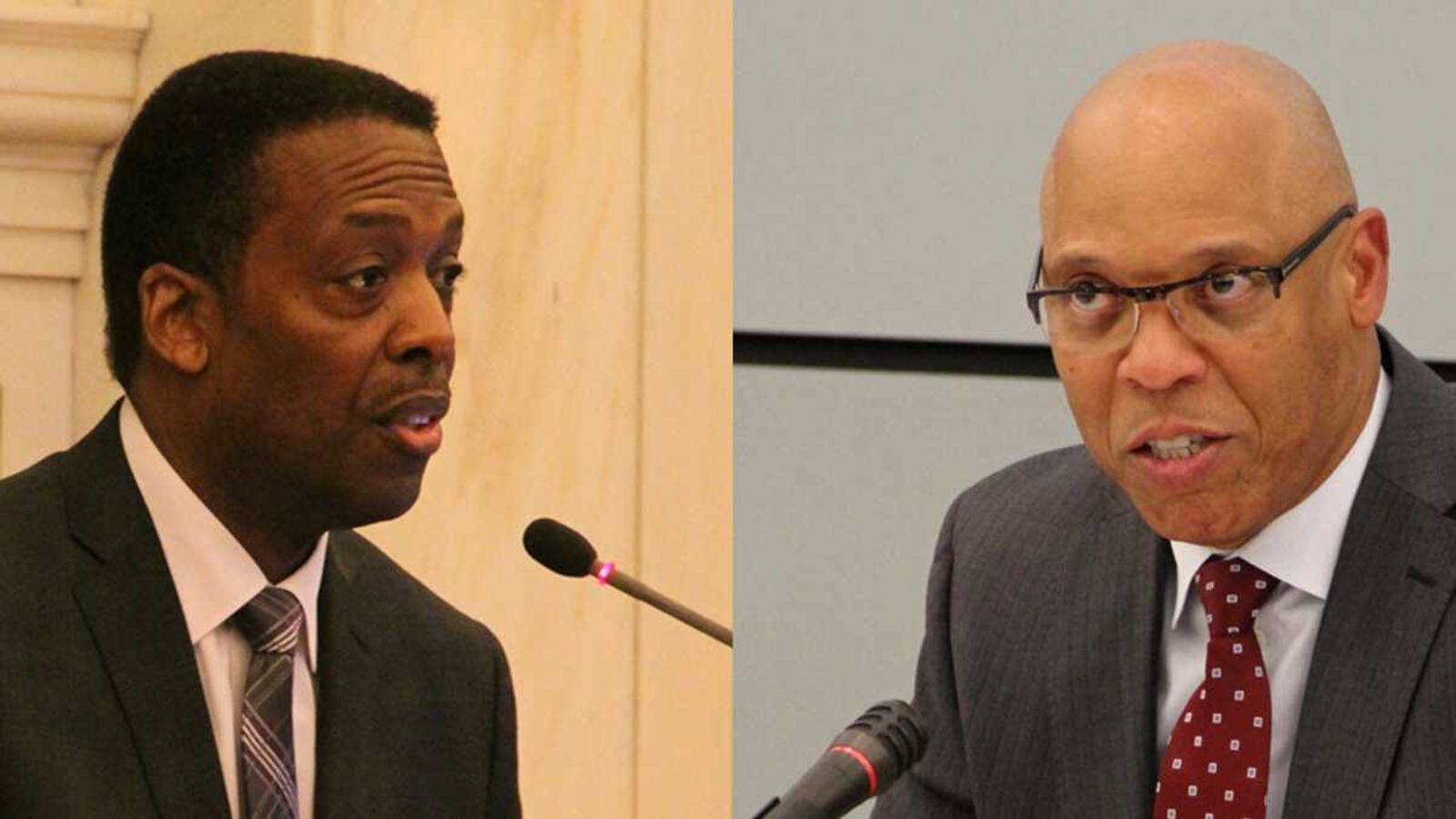This article was originally published in The Notebook. In August 2020, The Notebook became Chalkbeat Philadelphia.
The Philadelphia School District’s budget crises never seem to end.
In fact, even as students and parents hold their collective breath for the possibility of even more cuts to classroom resources for next school year, the ghost of last year’s crisis lingers.
Last summer, Superintendent William Hite said he would not open schools unless the District received an additional $50 million from the city.
Soon after, Mayor Nutter and Council President Darrell Clarke held competing press conferences with differing visions for how to deliver this funding. Both parties assured the District that it could count on the needed revenue.
Schools, though severely underresourced, opened.
Ten months later, District officials and city politicians are still squabbling over that $50 million.
Clarke had wanted the District to allow the city to sell its unused school buildings as a way to generate the revenue.
If the District had gone along with Clarke’s plan, the city would have fronted the District $50 million in November in exchange for the titles to the District’s surplus real estate.
The District instead chose to sell the first batch of unused properties itself. Hite reasoned that this has allowed for greater community input on "hundreds of millions of dollars worth of public properties."
In February, the District announced that it had agreements of sale for six of its properties in deals that would net $26 million.
The District expects to close these sales by June 30.
On top of the $50 million, the District’s FY14 budget was counting on $11 million in building sales, creating a total need of $61 million. Deducting the $26 million in anticipated sales, the District has been counting on the city to come through on an additional $35 million.
Without these funds, the District says, it will pay the remainder of this year’s bills, but next year’s budget hole would grow proportionately.


